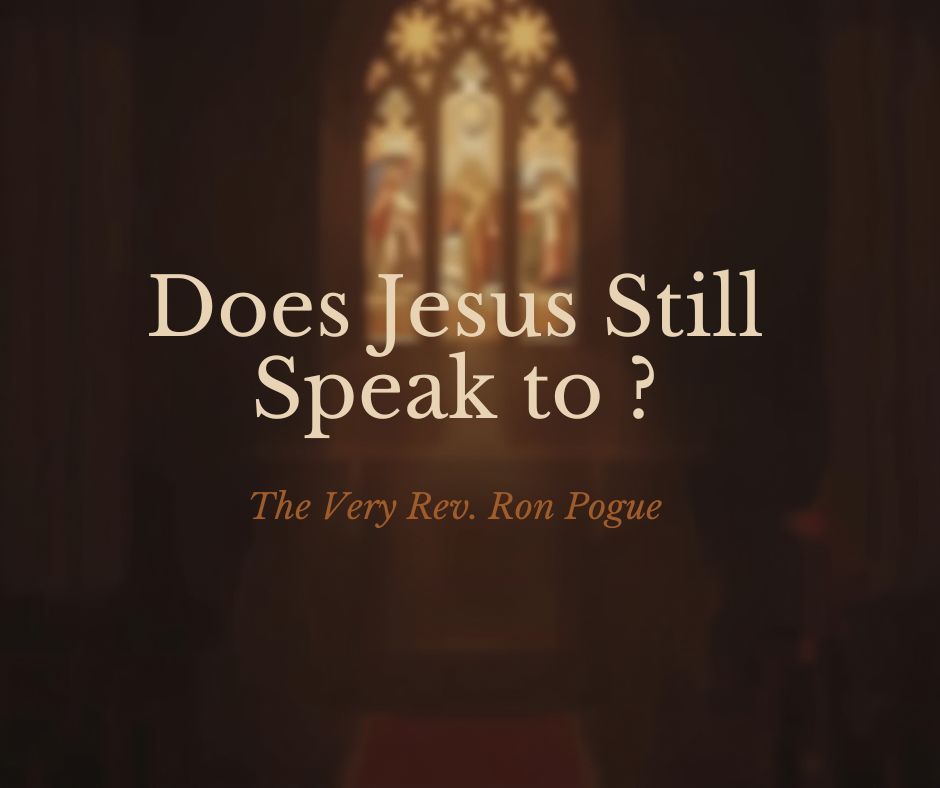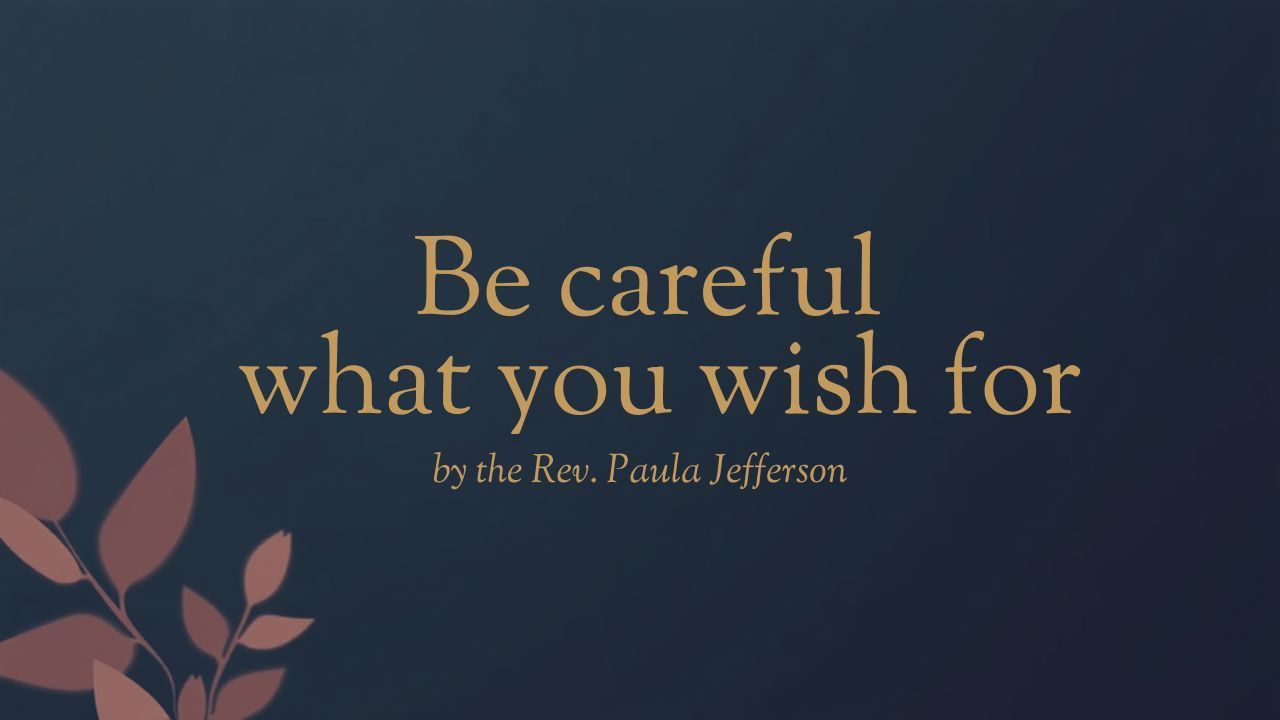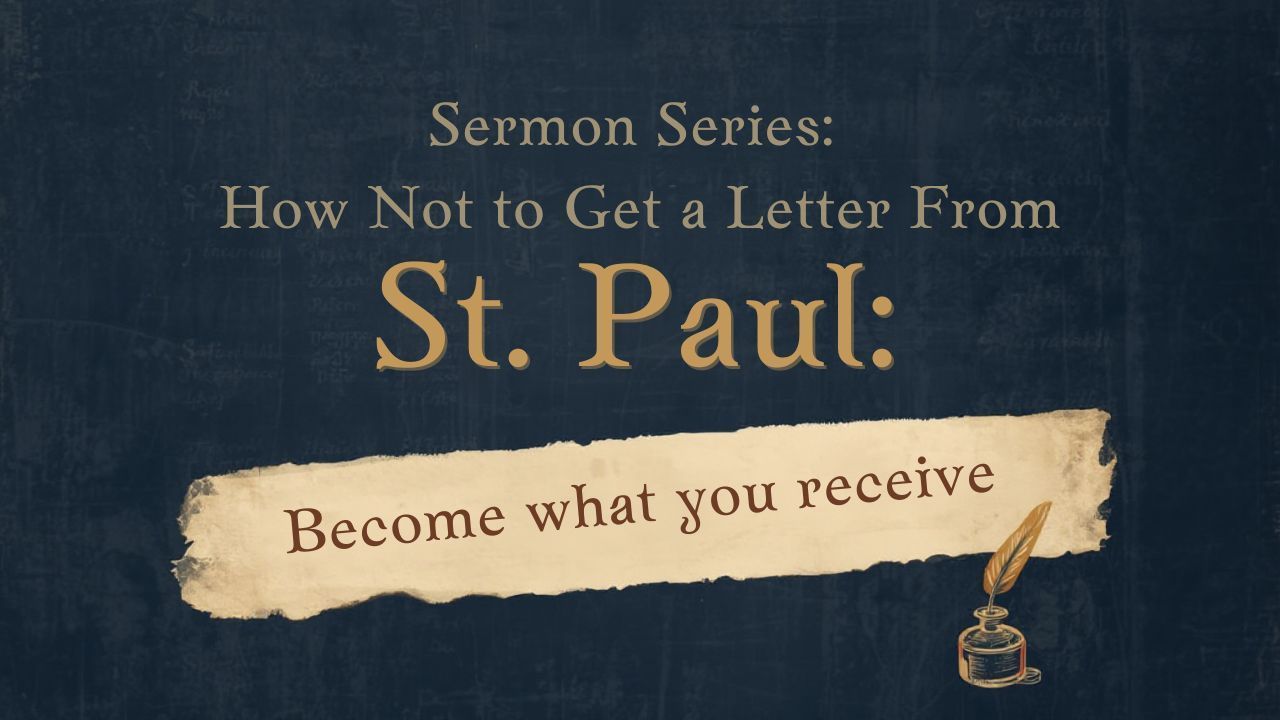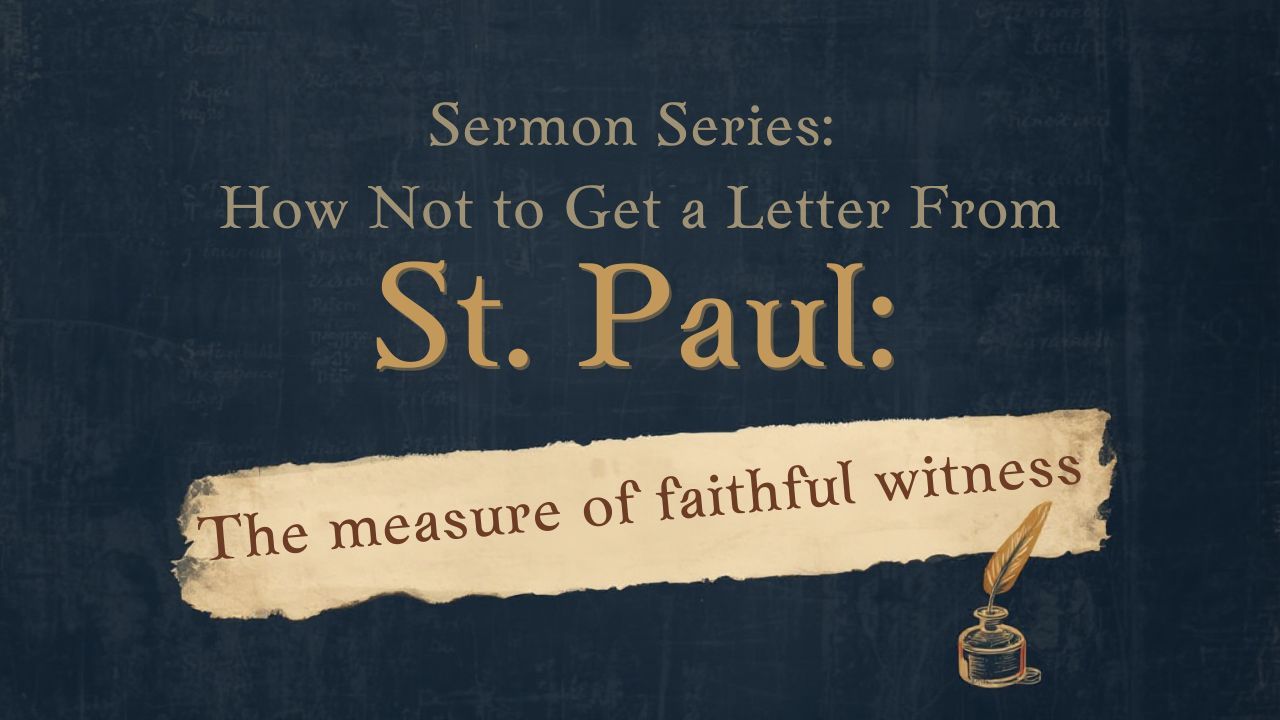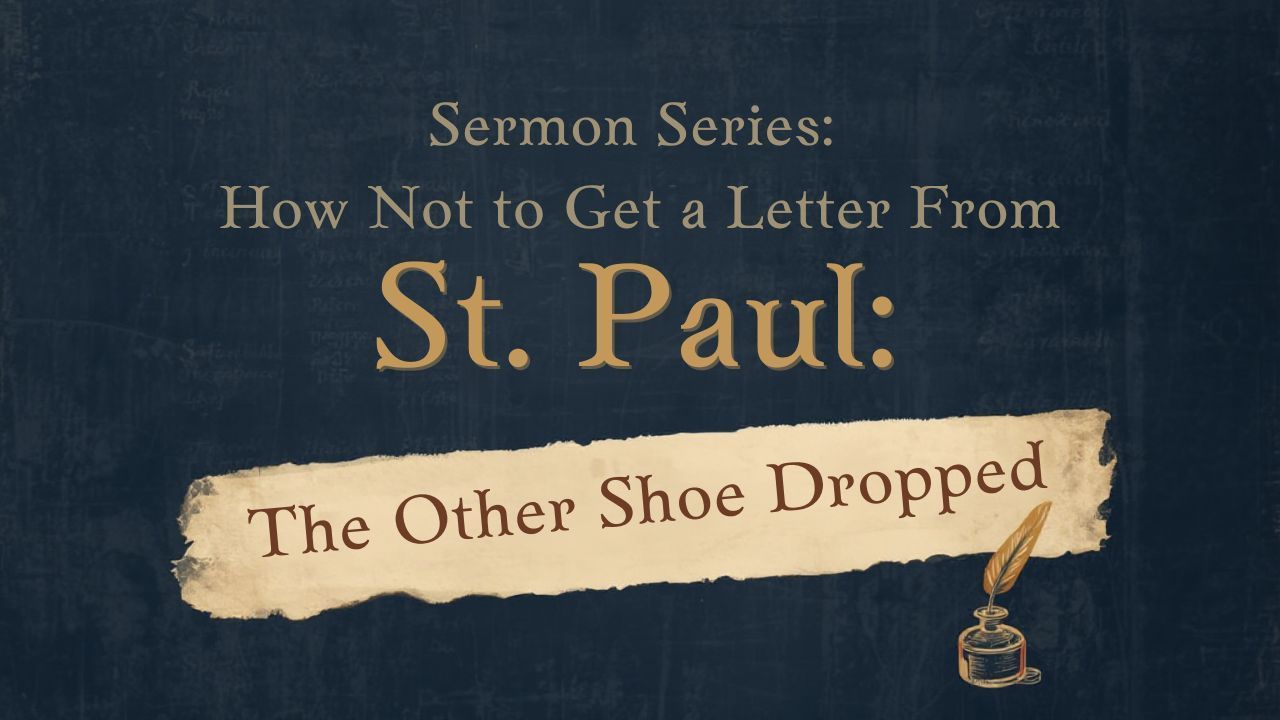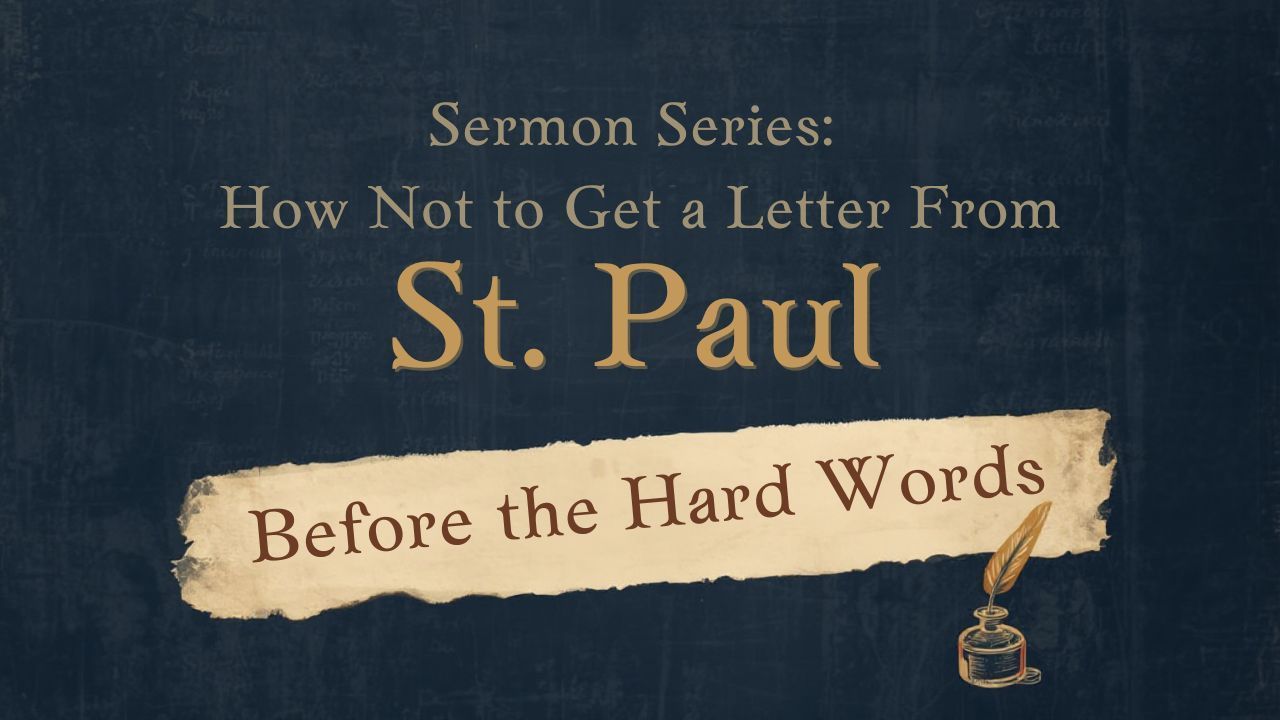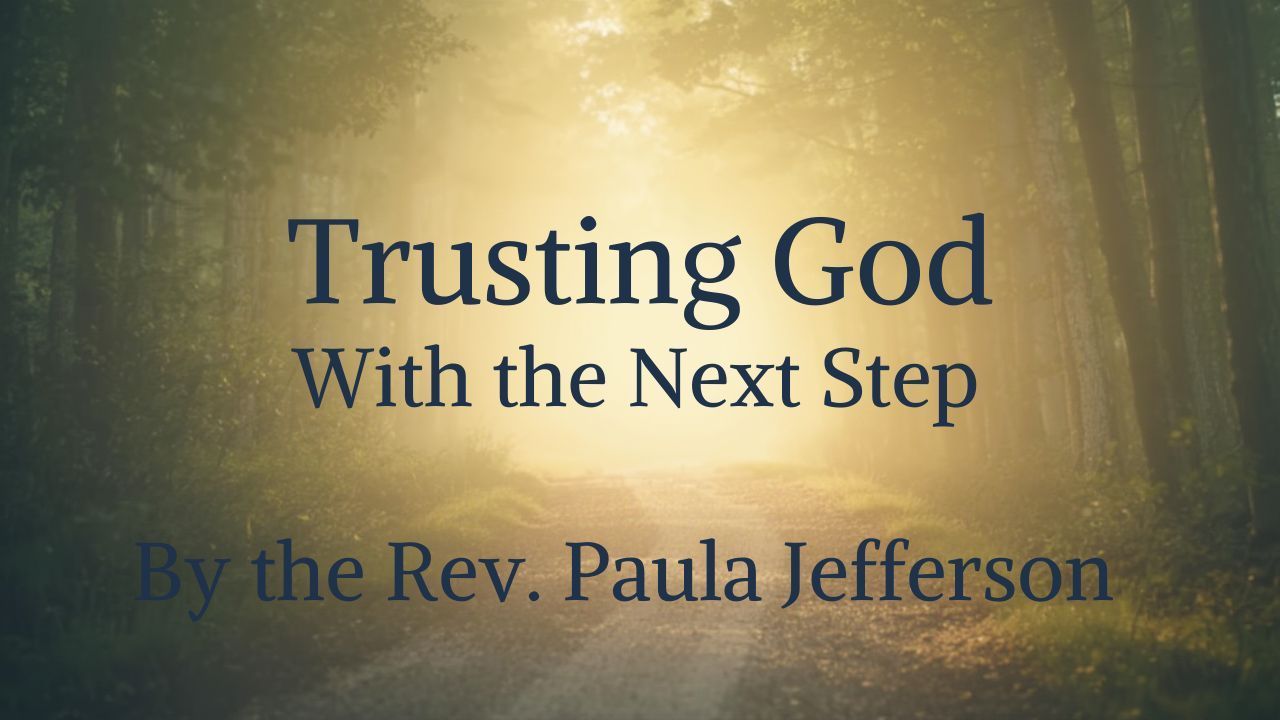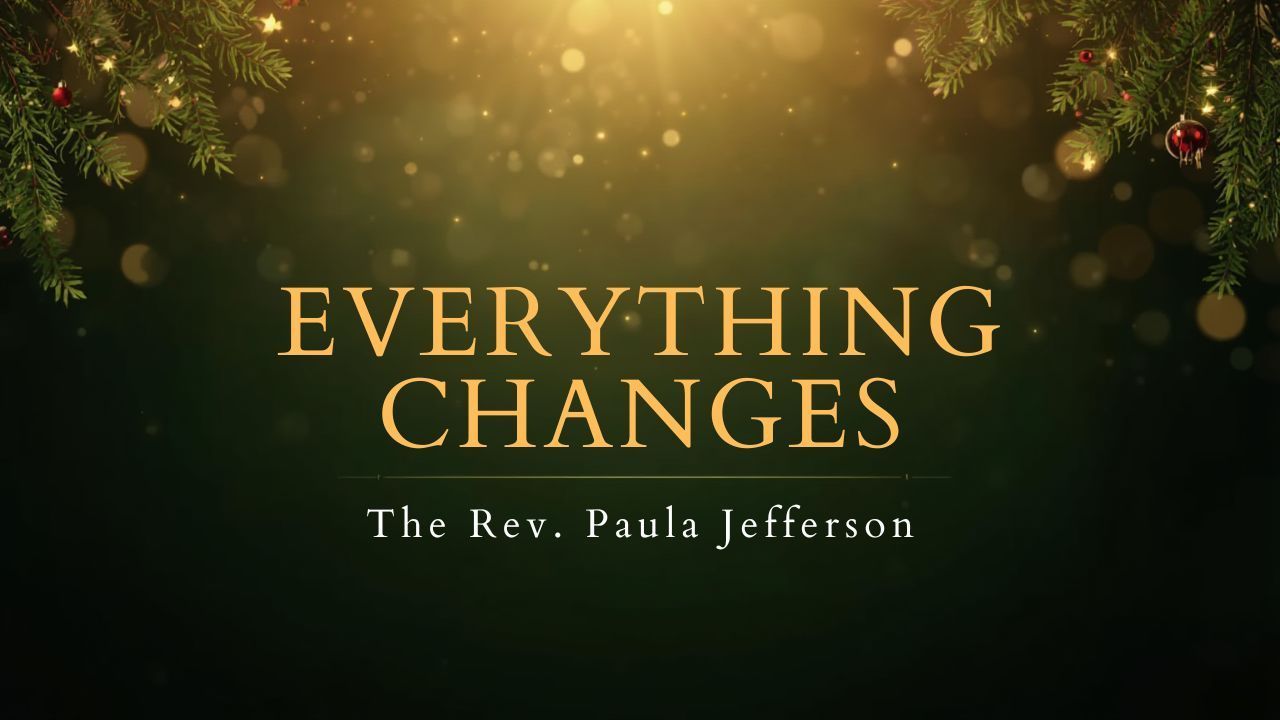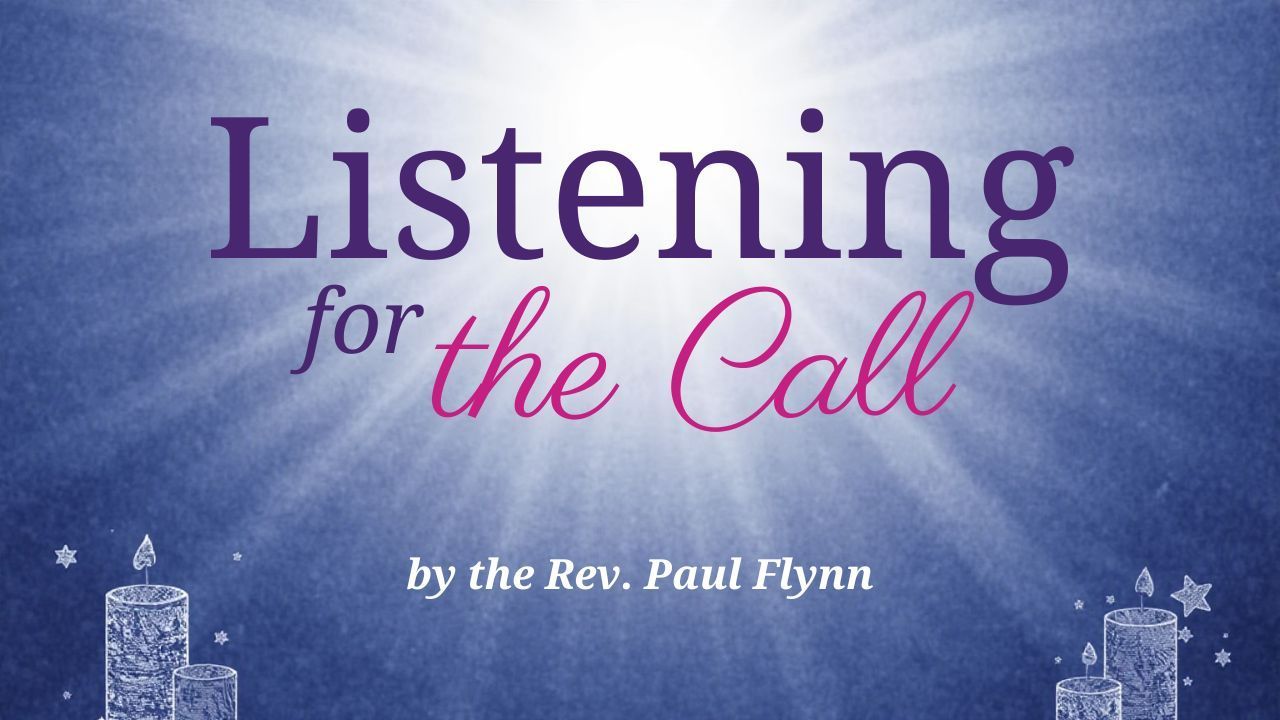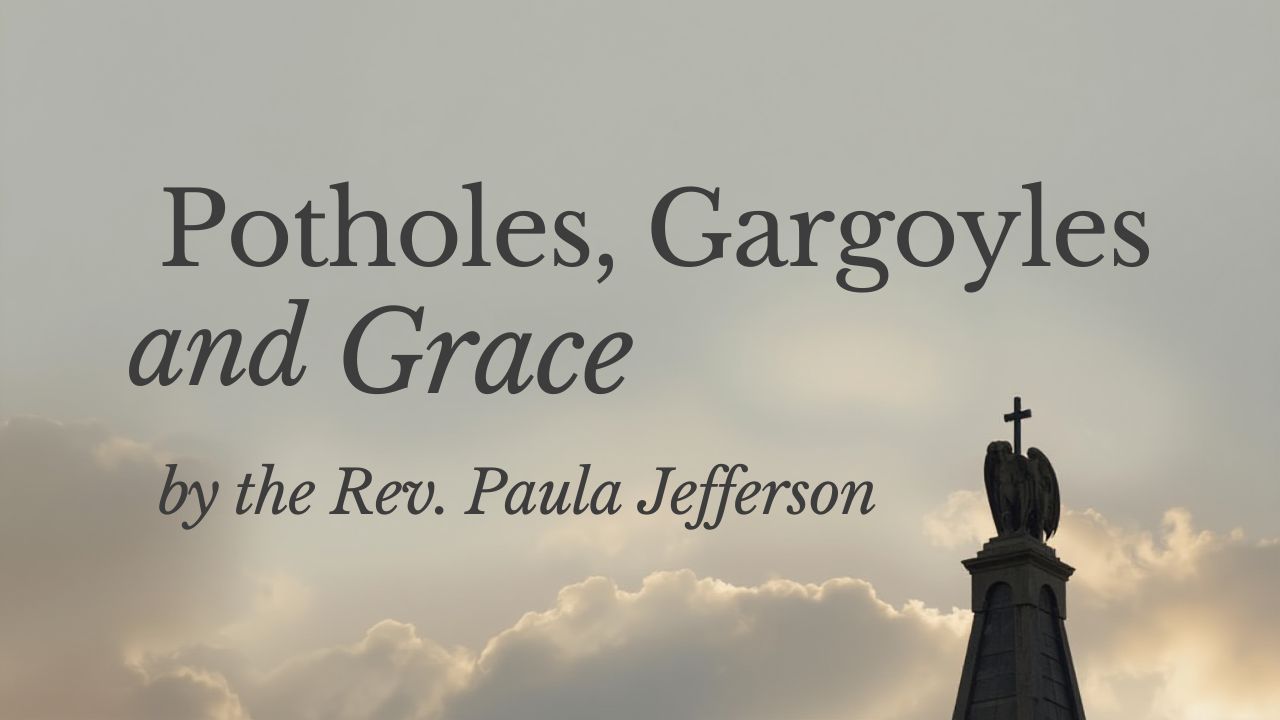This is a subtitle for your new post
We have shared an epic Holy Week. It is one I will never forget.
One week ago, we celebrated Jesus’ triumphal entry into Jerusalem by waving palms and singing Hosannah in the Highest! And we talked about all the people who lined the parade route…and the expectations that each of us—then and now—bring to the parade.
The disciples imagine Jesus will come into his authority in this world…that he will be the King to lead the Israelites again. The Temple authorities expect Jesus will die…and that this ‘Jesus movement’ will come to an end.
And, thus, Holy Week began.
Early in the week, Mary will foreshadow Jesus’ burial by pouring expensive perfume over him. Jesus understands the meaning of her action. But, Judas does not. He is the frugal one among them; he sees this lavish treatment of Jesus as wasted money….money that could have been used differently. For him, the Jesus movement is suddenly off-course….and he begins to move against Jesus.
On Thursday, we celebrated Jesus’ last meal with his friends. We talked about the unexpected, radical welcome Jesus extends to Judas and Peter. He breaks bread with the one who will betray him and the one who will deny him. He washes their feet. And he gives us an unexpected, new commandment: to love one another as he loved us.
After the service, we kept vigil with the reserved sacrament…a way of being present while Jesus prays through the night.
On Good Friday we gathered to remember. We prayed the solemn collects reserved for Good Friday. We touched a cross. We reflected on the experience of Jesus’ friends and family—the certain knowledge that his life had ended.
But the story did not end.
The cross is a point of crisis: For the physical death of Jesus; for the hopes and dreams of Jesus’ followers; and for all Creation. But crisis is never an end-point. It is a turning point.
After the Sabbath, as the first day of the week was dawning (Easter Day), Mary Magdalene and the other Mary walked to the tomb. Matthew says they went “to see it”. We don’t go to a tomb looking for the living. The women expect to see a sealed tomb. They expect to find guards keeping watch at the tomb. They expect to prepare Jesus’ body for burial…physical, tangible confirmation that Jesus is dead.
Their expectations are turned upside down when they are met by an angel of the Lord.
The guards pass out with fear. But not the two women. They listen to the Angel and follow the angel’s directions to a T….that is the first act of faith on Easter morning.
The expectations they had for the tomb are totally blown away. In that moment, there is no proof that Jesus is risen…and yet these women are not rooted to the ground…they’re not holding on to their past expectations. They run toward the unexpected.
As they go, suddenly Jesus appears to them. He starts the conversation with “Greetings!”. They know his voice. They know him. And the women went to him and took hold of his feet…physical, tangible confirmation that Christ is alive.
A new chapter in God’s never-ending story is begun. And this is our story, too.
Soon, the Risen Christ will ascend to take his place at the right hand of God. And we, the baptized followers of Christ---across all time—become the Body of Christ, the Church, in this world.
This is the gift of Easter Day: God raises Jesus to new life, and we are reconciled, through Christ, to God. In the Sacrament of Baptism, we are initiated into the Body of Christ, marked as Christ’s own…forever.
Today we will baptize Raymond and Kimberly into this Body of Christ. We welcome them into the household of God and pledge that we will walk with them through life.
Over the past seven weeks, this Body of Christ has walked with me as I have kept vigil for my mom. On Good Friday afternoon, she passed. You have called me, sent text messages and e-mails, and prayed for my family. You have been present with me every step of the journey. Your faithful witness of love, grace, and kindness has sustained me.
On this Easter Day, all whom we have loved, and all Creation, are raised with Christ. And this Body of Christ receives new life as we welcome Raymond and Kimberly.
During catechism, Kimberly made a piece of art showing the font, the water of baptism, and the Paschal candle. On the back of her artwork she wrote: “To God, I thank you for Baptism”.
Thanks be to God for the Joy of Easter and the promise of Eternal life, and for this Body of Christ, St. Christopher’s Episcopal Church in Fort Worth.
Alleluia! Christ is risen.
